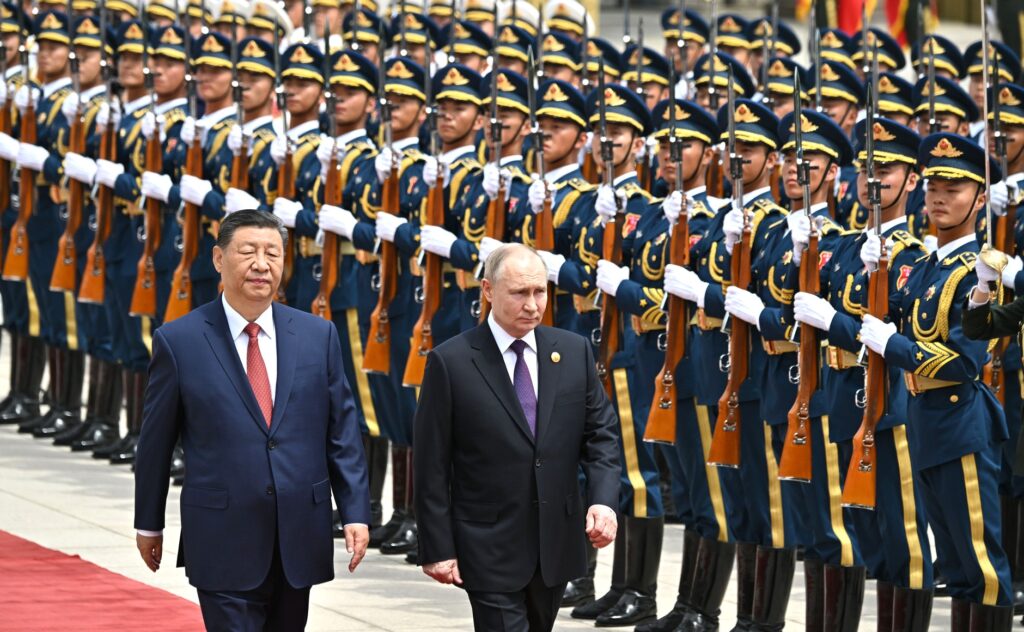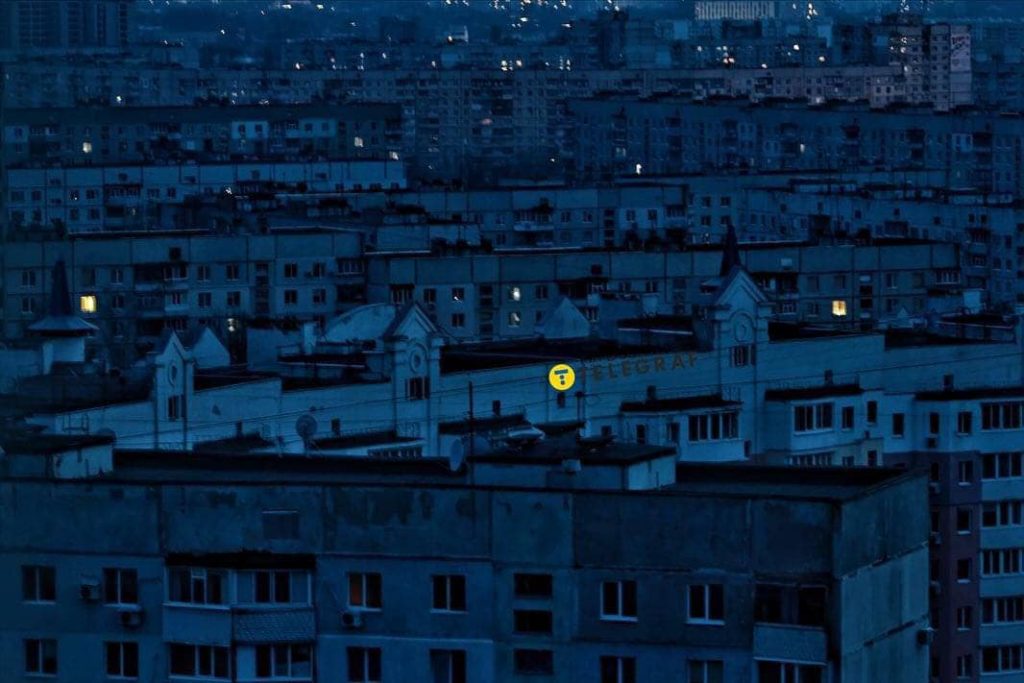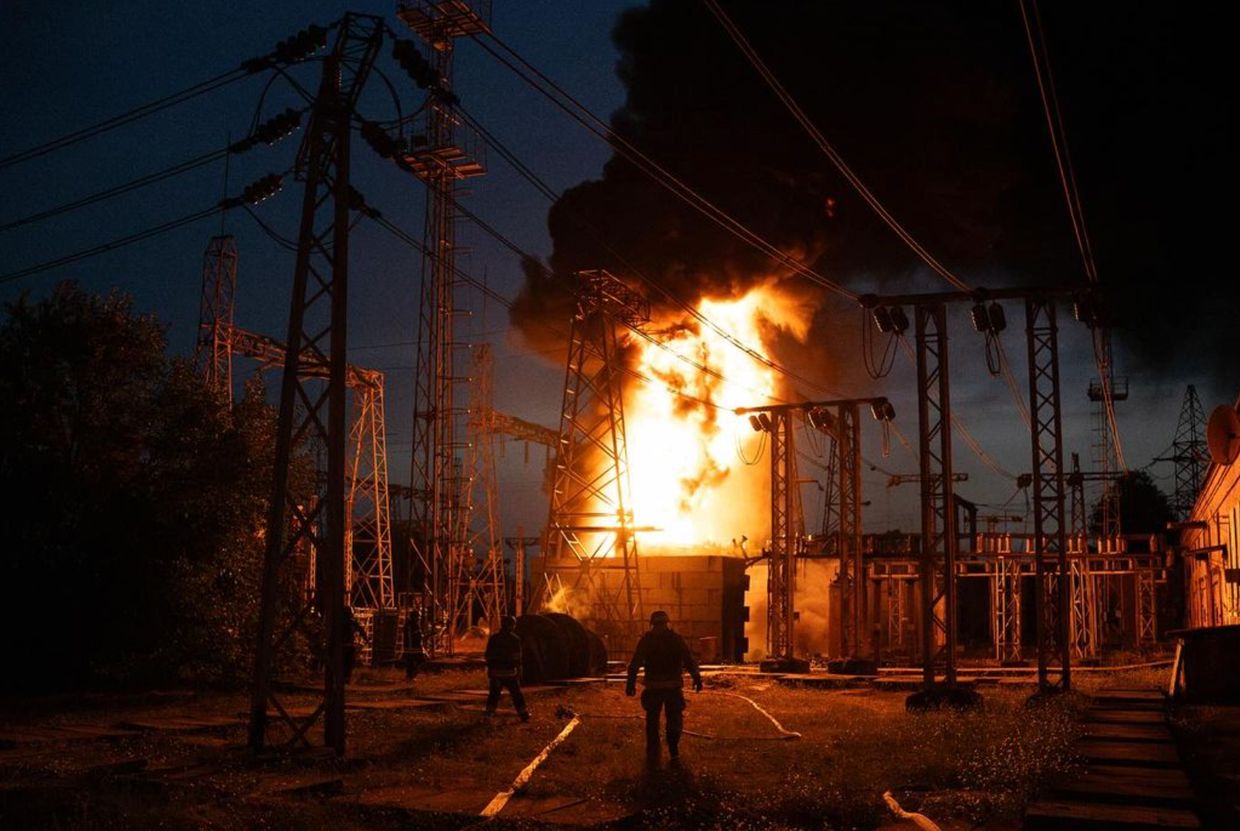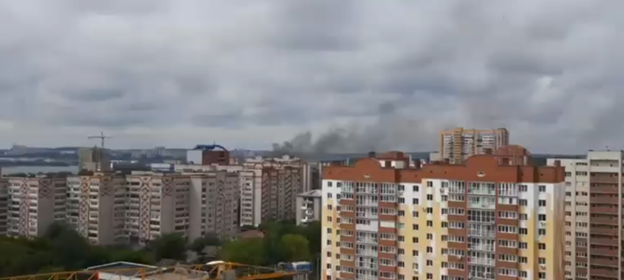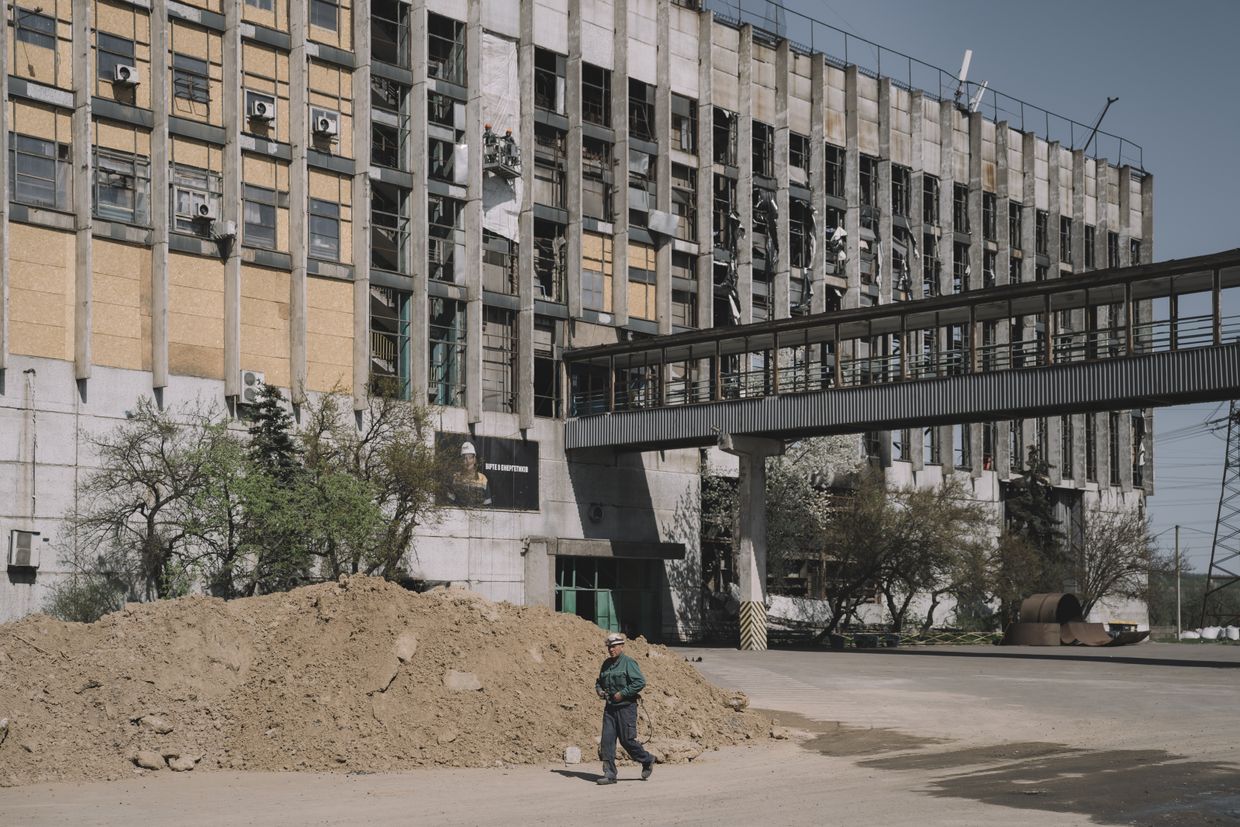Ukraine’s long arm: 1000 km deep, a drone ignites Russia’s Baltic Sea oil terminal near Finland
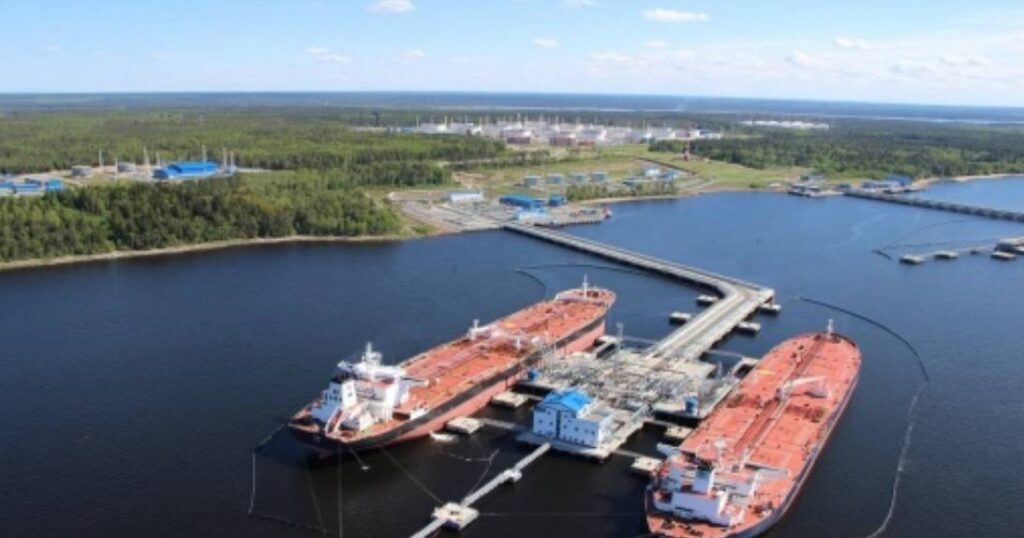
Ukraine launched a long-range drone strike on 12 September targeting key oil infrastructure deep inside Russian territory. Russian news Telegram channel Astra reports that several fires broke out at the Primorsk oil port in Leningrad Oblast after drones penetrated nearly 1000 km from Ukraine.
Primorsk port hit by Ukrainian drones in overnight attack
According to Astra, the port of Primorsk—Russia’s largest oil terminal on the Baltic Sea—was hit in the early hours of 12 September. Leningrad Oblast governor Aleksandr Drozdenko confirmed that a fire broke out on a vessel at the port. Firefighting systems were activated and the “open fire” was allegedly extinguished. Officials claimed there was no threat of sinking or oil spill.
The governor also stated that another fire erupted at a pumping station in Primorsk and was later extinguished. No injuries were reported.
Drones across Leningrad Oblast
Astra cited local residents in the town of Tosno — a town south of St Petersburg — reporting explosions overnight. The Leningrad Oblast governor said Russian air defenses engaged drones over several districts, including Volosovsky, Tosnensky, Gatchinsky, Lomonosovsky, and Pushkinsky in St Petersburg.
The governor stated that debris and fragments from downed drones fell in multiple populated areas, including Tosno, Vsevolozhsk, and the villages of Pokrovskoe and Uzmino, as well as outside residential areas in Lomonosovsky district. Authorities said no fires or injuries occurred at these sites, but the impact zones were cordoned off.
Astra also reported that explosions continued to be heard across Leningrad Oblast and St Petersburg throughout the night in one of the largest drone attacks on the region since the war’s start.
Flights disrupted at Pulkovo Airport
As a result of the drone attack, operations at Pulkovo Airport in St Petersburg were heavily impacted. According to airport operator statements cited by Russian state agency RIA Novosti, 28 flights were delayed, 13 canceled, and 11 aircraft were diverted to alternate airfields.
Russia claims massive drone interception
The Russian Ministry of Defense claimed that air defenses downed a total of 221 Ukrainian drones overnight across the country. Of these, 28 were allegedly intercepted over Leningrad Oblast alone. The ministry also listed drones shot down over several other oblasts, including Bryansk, Smolensk, Kaluga, Novgorod, Moscow region, Belgorod, Rostov, Tver, Pskov, Tula, and Kursk.
Read also
-
Ukraine struck a rare Russian spy ship 600 km away—now it’s crippled and useless (video)
-
Russia buried its 41st Army command in a Donetsk research lab—Ukraine blew it up with domestic cruise missiles (video)
-
Ukraine hits Russia’s Ilsky refinery and Druzhba-linked pipeline station in one night — fire and disruption follow (video)
